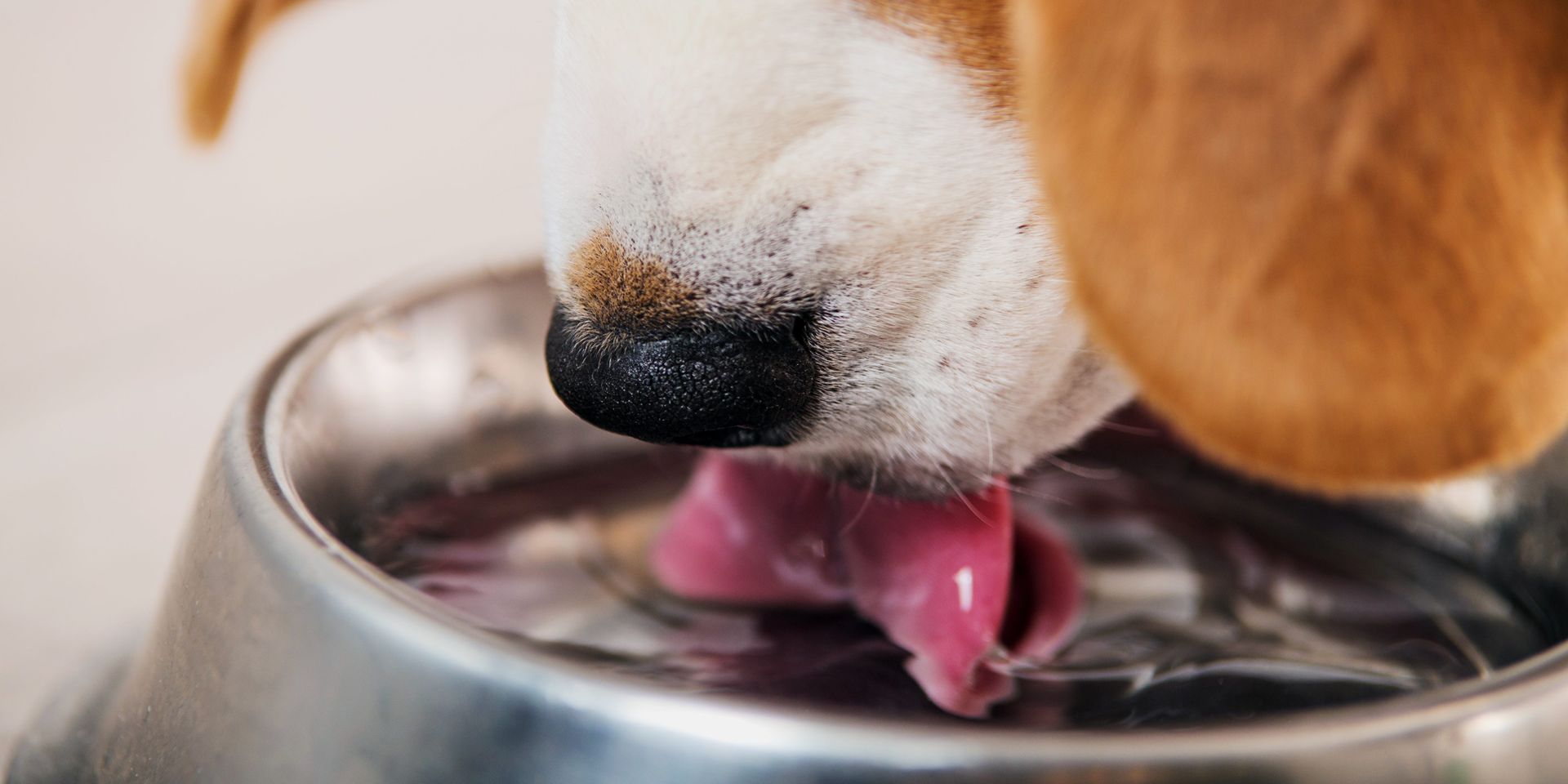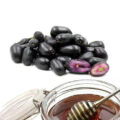In veterinary public health, dog nutritional requirements are established by the American Association of Feed Control Officials (AAFCO) or Complete and balanced nutrition for dogs based on AAFCO feeding trials. Proper nutrition is an important part of keeping your dog healthy.
Feeding a dog with the wrong food can result in several health complications some of which can lead to the eventual death of your dog if not handled properly.
What is Honey?
Honey is a sweet, viscous food substance made by honey bees and some related insects, such as stingless bees. Bees produce honey from the sugary secretions of plants or from secretions of other insects, by regurgitation, enzymatic activity, and water evaporation. People throughout the world have hailed the health benefits of honey for thousands of years.
Honey is available raw or pasteurized and in a variety of color grades. On average, it contains about 80% sugar. People remove honey from the hive and bottle it directly, so it may also contain trace amounts of yeast, wax, and pollen. Some studies have found that consuming raw honey may help with seasonal allergies, and others have concluded that honey can help wounds heal.
Many women find honey very beneficial, it is used as home remedy for pregnant females as it can help cure minor cold, gastric issues, indigestion, diarrhea and much more, so mothers-to-be use this as an alternative as they are advised to avoid consumption of antibiotics and medicines to cure these ailments.
Can Dogs Have Honey?
Anecdotal evidence suggests that honey can definitely be beneficial to dogs, in moderation. The “problem” is that a large majority of people never have their pets’ health checked. They check their own, but they wrongly assume that a dog is magically immune to different pathologies, almost immortal, unless it gets hit by a car or gets very old. Obviously this is not the case. Dogs can get as ill as us, and just because they can’t speak it doesn’t mean that they are healthy. You can give honey to your dog, in moderation, as long as you are absolutely sure that your pet is not allergic to it and most of all that it’s not diabetic. How do you know? You take it to the vet and have it checked. If it’s all good, your pet can start benefiting off of the many health-friendly properties of honey:
- It delivers nutrients such as vitamins A, B, C, D, E and K. Vitamins play a vital role in the health of your pet, as they help it to heal itself. Those vitamins also promote reproductive, ocular, epidermal and metabolic functions.
- It contains antioxidants which prevent free radicals from attacking healthy cells.
- It contains minerals. These will help your dog stay healthy, both inside and out.
- It helps to mitigate the effects of allergies. Honey contains a small amount of pollen. If you give it daily to your dog, its immune system will gradually accept these allergens and the pet will experience less aggressive reactions when spring comes.
- Finally, honey acts as an excellent antidote to digestive problems by limiting excessive bacterial growth.
Again and like for everything else, with moderation. One last tip: don’t mix honey with your dog food. As for everything sugary, honey can cause addiction and it definitely alters the taste of food. You might end up being forced to add honey to your pet’s meal anytime you feed it, or otherwise it will refuse to eat. One scarce small spoon between meals presented as a treat will make your dog happy and keep it healthy.






